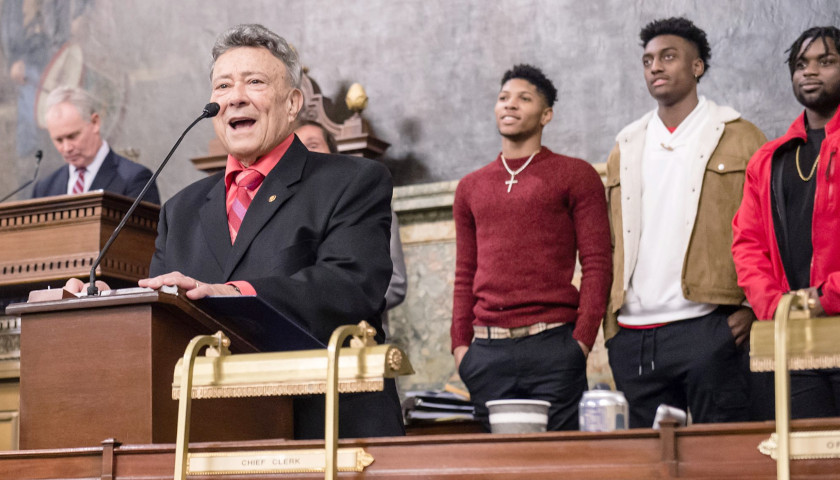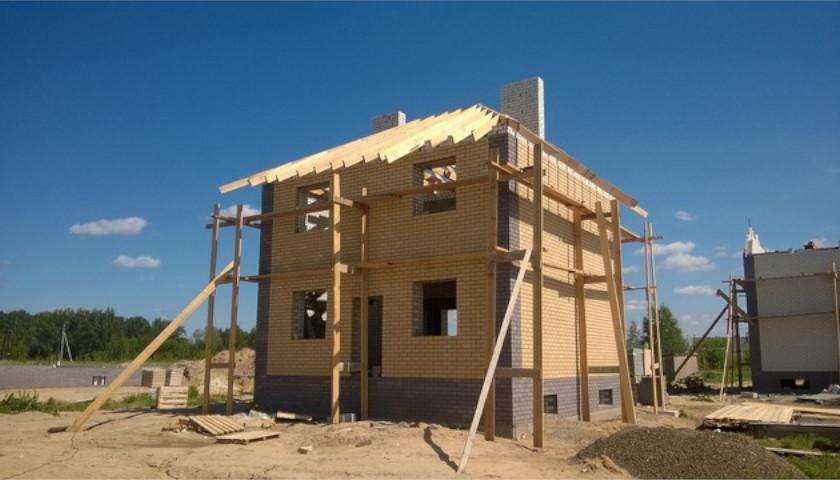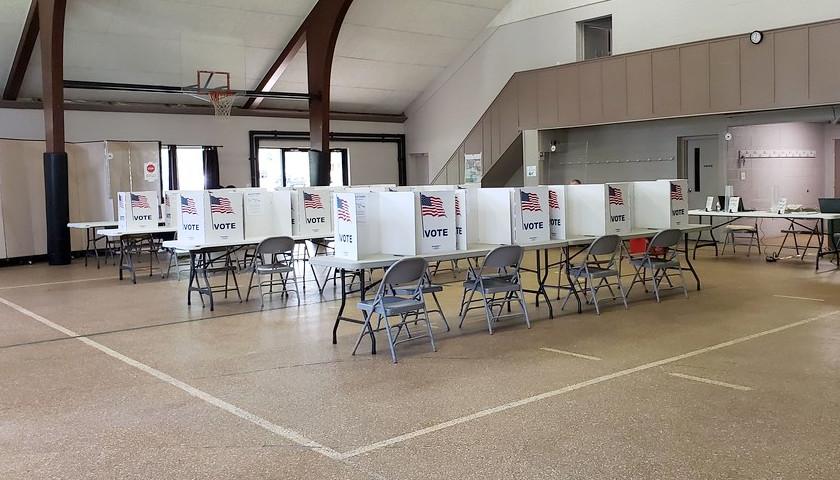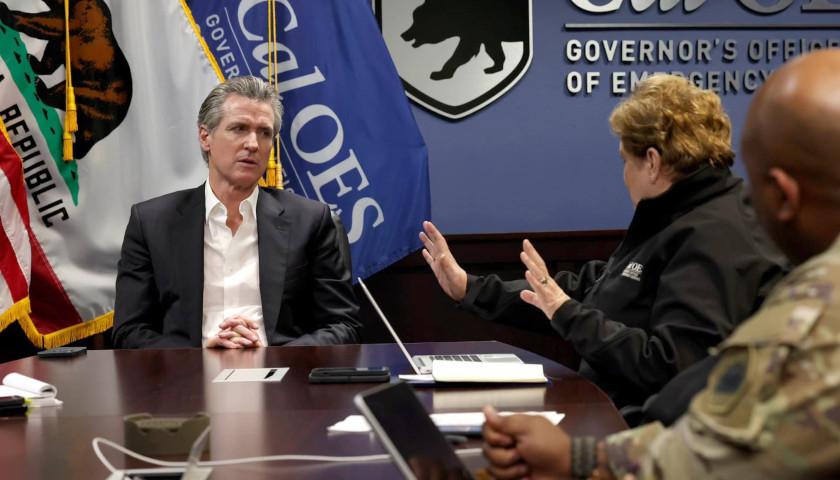Residents of Pennsylvania’s 32nd House District posthumously re-elected deceased Democratic State Representative Anthony DeLuca (D-Pittsburgh) on Tuesday, necessitating a special election in the months ahead.
The lawmaker faced no Republican challenger this year and bested leftist Green Party candidate Zarah Livingston, garnering 21,244 votes (85.9 percent) to her 3,490 (14.1 percent).
DeLuca died of lymphoma at his Penn Hills home a month ago. Democratic colleagues characterized his postmortem re-election as a tribute to his 40 years of service in the state House of Representatives.
“While we’re incredibly saddened by the loss of Representative Tony DeLuca, we are proud to see the voters to continue to show their confidence in him and his commitment to Democratic values by reelecting him posthumously,” the state’s House Democratic Caucus said in a statement. “A special election will follow soon.”
The Pennsylvania Constitution does not set forth any deadline as to when a special election must take place. In the case of state House vacancies, the document vests the House Speaker with power to schedule the replacement election.
Whether the vote to fill DeLuca’s seat happens during the May 16, 2023 primary or on an earlier date may depend on who controls the Pennsylvania House. Traditionally, many Republicans have thought themselves advantaged by special elections that do not take place on primary days.
Republicans appeared to have had an advantage keeping control of the chamber going into Election Day Tuesday, but as returns continue to trickle in, Democrats are increasingly confident that they have flipped the 203-seat House, which Republicans currently control.
A Democrat-run House would likely lead to Minority Leader Joanna McClinton (D-Philadelphia) becoming House Speaker. As such, she would schedule the special election; if she does not accede to that office, current Speaker Bryan Cutler (R-Quarryville) would make the decision.
In any case, Republicans will have a difficult time gaining DeLuca’s seat if they put forth a nominee. His district mostly included Democratic-leaning eastern suburbs of Pittsburgh and he often ran unopposed. In years like 2012 and 2016 when a Republican did challenge him, he won re-election handily.
Despite the solid blue area he represented, DeLuca occasionally cast moderate votes in the general assembly. Some of those votes prompted the 27-year-old Livingston, a progressive University of Pittsburgh Medical Center staffer who also lived in Penn Hills, to try to unseat him.
In particular, Livingston said she considered DeLuca too pro-law enforcement, citing a vote he cast a year ago to disallow community funds to pay arrestees’ bail. The Green Party contender was a leader of an organization called No Cop Money Pennsylvania, which opposed political candidates who take financial contributions from police unions.
More recently, DeLuca was among the House Democrats to vote with Republicans to hold Philadelphia District Attorney Larry Krasner (D) in contempt for refusing to comply with House committee subpoenas.
Before entering politics by running for deputy mayor of Penn Hills in 1978, DeLuca helped run his family’s food market in Pittsburgh’s East Liberty neighborhood. His death in October elicited expressions of mourning from many fellow Pittsburghers.
“Rep. Tony DeLuca was a giant among men,” state Representative Dan Deasy (D-Pittsburgh) tweeted about his colleague. “A dedicated public servant who represented the good people of his district with honor and distinction for 40 years. Proud to have served with him in the state House and proud to call him my friend. May you rest in eternal peace, my friend!”
– – –
Bradley Vasoli is managing editor of The Pennsylvania Daily Star. Follow Brad on Twitter at @BVasoli. Email tips to [email protected].
Photo “Tony DeLuca” by Tony DeLuca.





